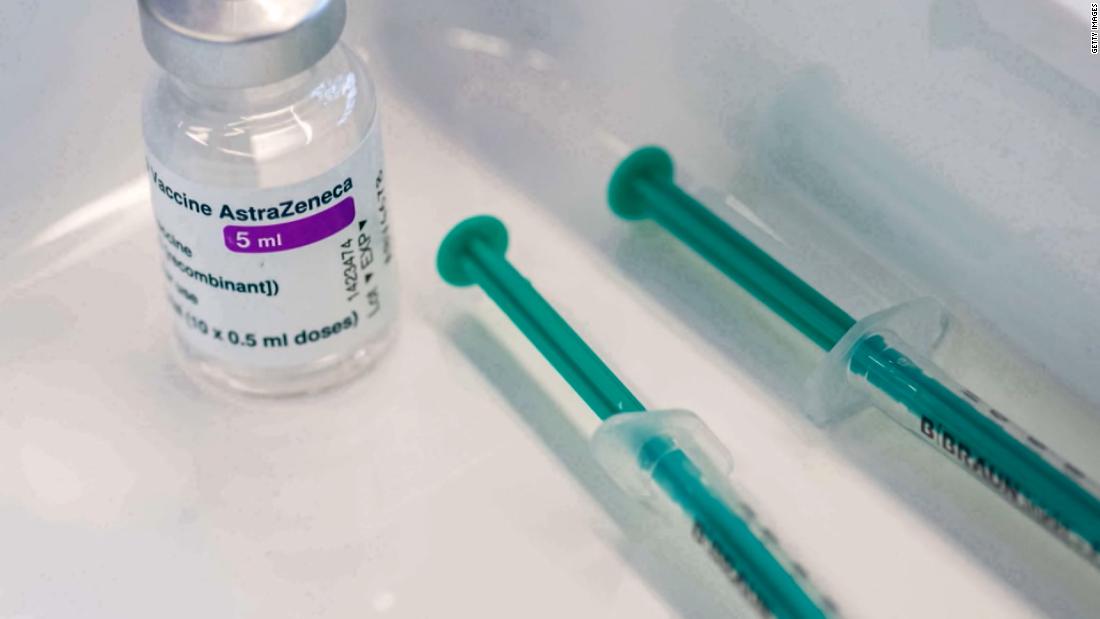Citing recent evidence from the UK’s real world, a Canadian expert advisory panel updated its vaccine recommendation on Tuesday to now include people over 65.
The recommendation of the National Immunization Advisory Committee (NACI) can be used by leaders in Canada’s provinces and territories to decide how best to implant the vaccine. The country’s health regulator authorized the AstraZeneca vaccine for widespread use in late February, although so far the NACI has not recommended it for people aged 65 and over due to what it called an insufficient amount of evidence for this age group.
The two-dose vaccine is authorized in Canada for patients over 18 years of age.
The World Health Organization said Wednesday that the benefits of the AstraZeneca vaccine outweigh its risks and vaccinations should continue.
“Vaccination against COVID-19 will not reduce disease or death from other causes,” said the WHO. “Thromboembolic events (coagulation) are known to occur frequently. Venous thromboembolism is the third most common cardiovascular disease worldwide.”
Although Canadian public health officials say they are keeping an eye on the situation in Europe and waiting for more information from their regulators, they say there is no evidence that the risk of getting the vaccine outweighs the benefits.
“Based on the information Health Canada has analyzed, the number of cases of thromboembolic adverse events at this time are less than the rates that would be expected in the population that was vaccinated with the AstraZeneca vaccine,” said Marc Berthiaume, a director at Health Canada , during a technical briefing on Tuesday in Ottawa.
“While all vaccines available in Canada are safe and effective, the NACI still recommends that, in the context of limited vaccine supply, initial doses of mRNA vaccines should be prioritized for those with the highest risk of serious illness and death and the highest risk exposure to COVID-19 “, says the statement released on Tuesday.
Jamie Gumbrecht and Michelle Krupa of CNN contributed to this report.
